
Income Property in the Tourists’ Favorite Country in the World: Is It Worth Buying Rental Property in France in 2024?
France consistently ranks among the world's leading tourist destinations, attracting millions of visitors every year. In this regard, the issue of purchasing real estate for rent in France remains relevant for many investors. Is it worth buying income-producing real estate in this country in 2024, based on current market data and forecasts, said Nadezhda Molina, director of a real estate agency in France.
The income property market in France is stable and characterized by high demand, especially in large cities such as Paris, Lyon, Nice, and Bordeaux. Possible rental income can vary significantly depending on the economic situation and tourist season.
 .
.
Paris
The capital of France invariably attracts tourists and businessmen. The cost per square meter in central areas can reach €10,000 or more, and rental rates range from €2000 to €5000 per month. Due to the Olympic Games in 2024, demand for short-term rentals is expected to increase significantly, which could lead to a 250% increase in rental rates.
Investors should pay attention to areas such as Saint-Germain-des-Prés, the area around the Louvre, and the Bastille. Apartments in these areas offer a good balance between purchase price and rental income potential.
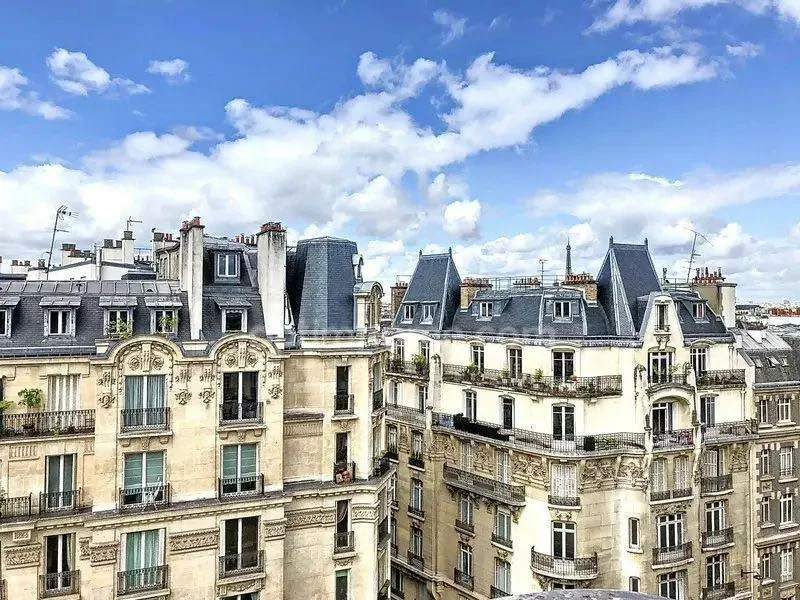
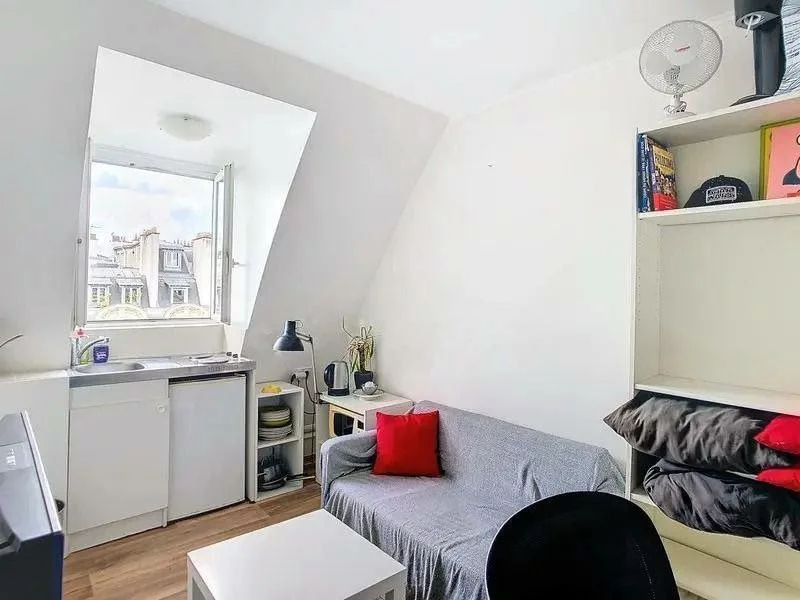
Lyon
Lyon, one of the largest cities in France, is also attractive to investors. The cost per square meter in the city center is approximately €6000–€7000, and rental rates for furnished apartments range from €600 to €900 per month.
Lyon is famous for its cultural heritage and significant educational and business centers, which ensures a stable demand for long-term rentals.
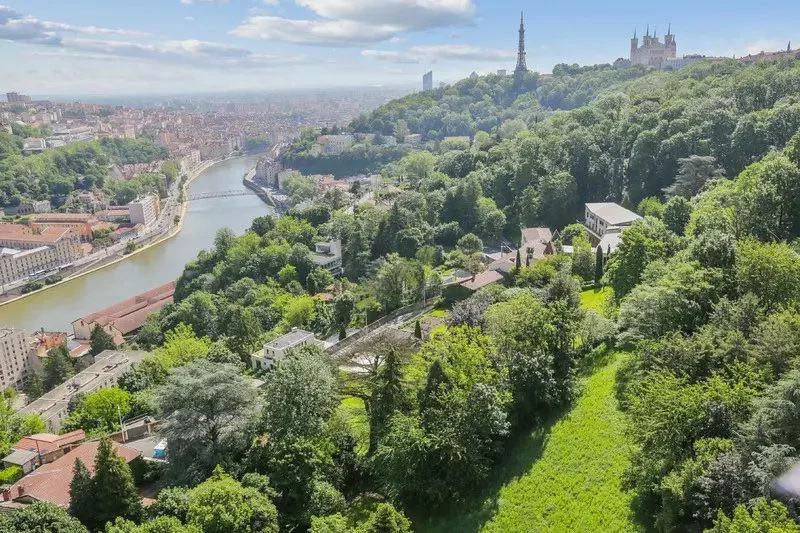
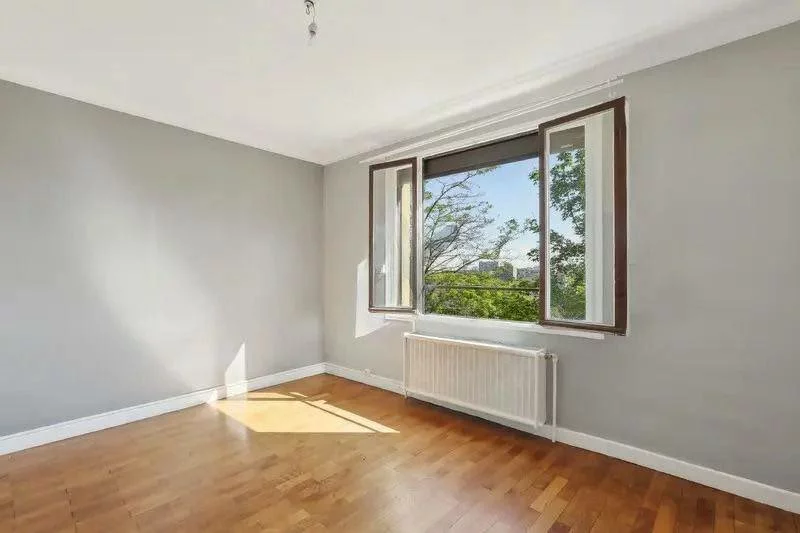
Nice
Nice, a popular resort on the Côte d'Azur, attracts tourists with its mild climate and beautiful beaches. The cost per square meter in the center of Nice is approximately €7000–€8500, and the rental of a furnished apartment ranges from €1450 to €2,500 per month. During the summer season, rental rates can rise to €4000 per month, making Nice an attractive short-term investment.
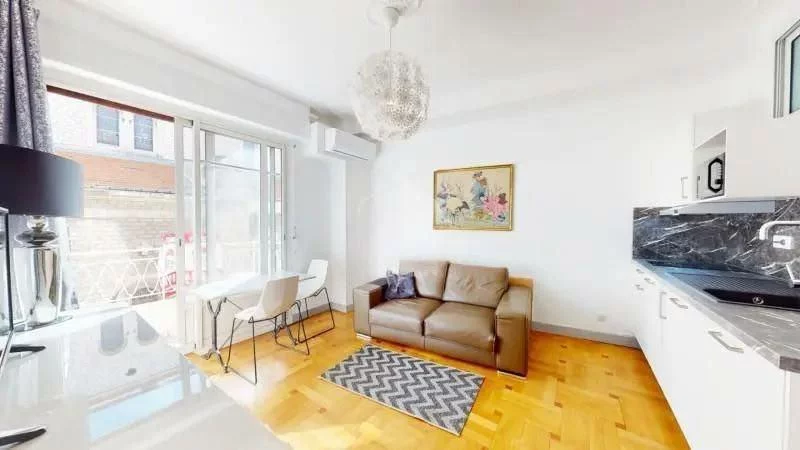
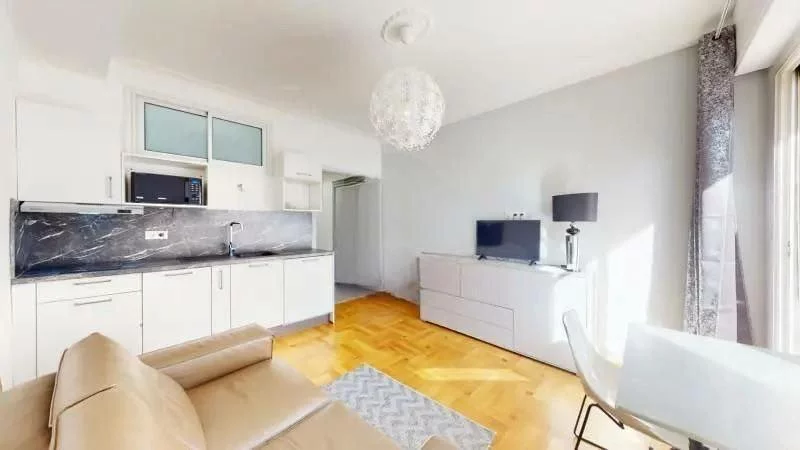
Bordeaux and Toulouse
Bordeaux and Toulouse are also of interest to investors. In the center of Bordeaux, the cost per square meter is €5500–€6500, and rental rates range from €700 to €1500 per month. Toulouse, known as the “Pink City,” offers apartments for €4000–€5500 per square meter, with rents ranging from €590 to €1,200 per month.
These cities are famous for their cultural and educational centers, which ensures stable demand for long-term rentals.
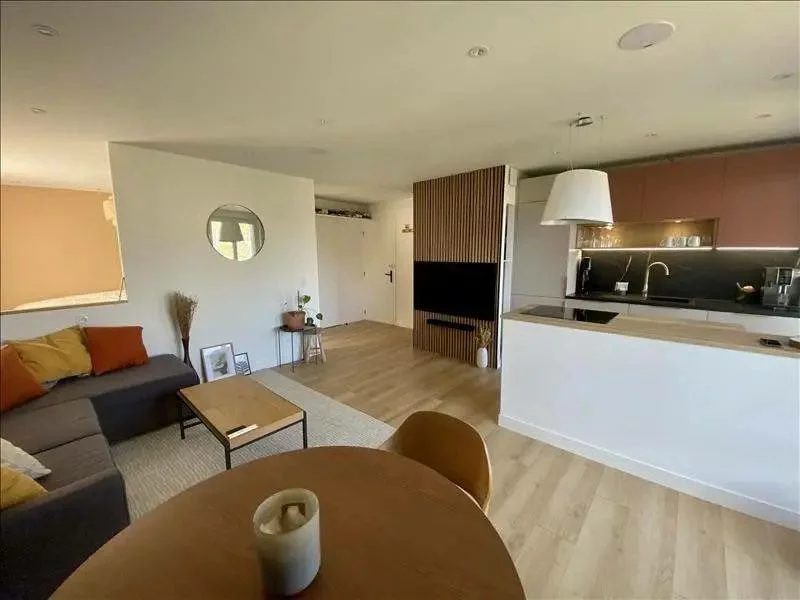
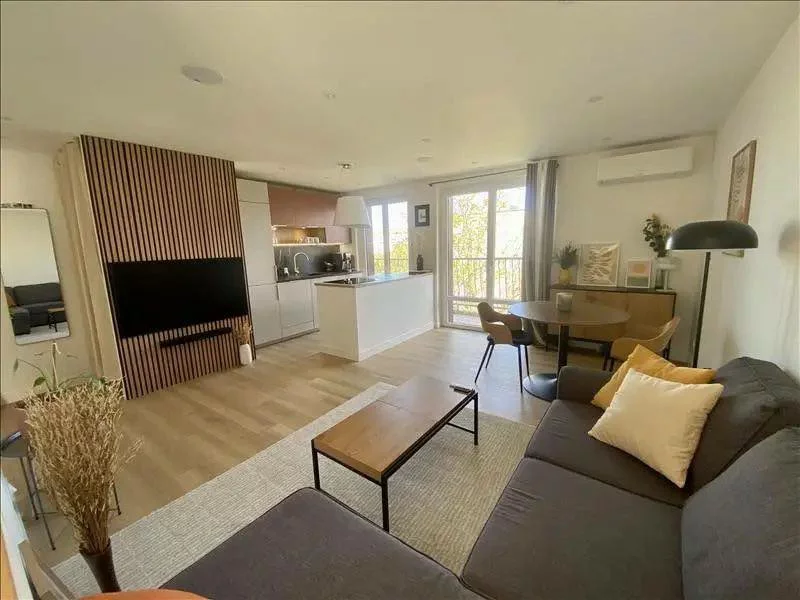
Taxes and Legal Aspects
Investing in French property comes with certain tax and legal obligations. Owners are required to pay property tax (taxe foncière), tax on rental income, and, upon sale, tax on profits from the sale of real estate.
French law also protects the rights of tenants, which can create certain difficulties for owners. For example, short-term rentals in some areas of Paris are restricted, and all rental contracts must be registered.
Recommendations for Choosing Real Estate Properties
For successful investing, it is important to consider the location and type of property. In the central areas of large cities, housing prices are high, but rental income will be corresponding. In the outskirts and in new buildings, prices are lower, but the demand for short-term rentals may also be lower.
Consideration of new renovation projects within cities may offer investment opportunities with potential for appreciation. For example, in Paris, these could be areas undergoing renovation and modernization.
Risks for Foreign Buyers
Among them:
- Strict laws governing property rentals in France, especially short-term rentals through platforms like Airbnb. Some regions may require special licenses for rental properties.
- Tenant protection under French law, which can make it difficult to evict or change the terms of a lease. This is especially important to consider for long-term rentals.
- Possible changes in legislation. For example, a change in the taxation of rental income or the introduction of new regulations that limit the possibilities for renting out housing.
- Exchange rate fluctuations. Buying property in France means investing in euros. Fluctuations in currency exchange rates may affect the overall investment value and rental income, especially if income is converted into another currency.
- Unexpected property maintenance costs. For example, property taxes, utilities, repairs, and management costs can significantly increase overall costs.
Examples of Profitability Calculations for Paris
Purchase price: €600,000 for an apartment of 50 m² in a central area.
Annual rental income at a rental rate of €2,500 per month: €2,500 * 12 = €30,000.
Annual expenses:
- Property tax: €1500.
- Management company: 10% of rental income = €3000.
- Utilities and maintenance: €2500.
- Total: €1500 + €3000 + €2500 = €7000.
Net income: €30,000 - €7000 = €23,000.
Return on investment (ROI): (€23,000 / €600,000) * 100 = 3.8%.
Comparison of Short-Term and Long-Term Rental Properties in France
When investing in property in France for income, it is important to understand the differences between short-term and long-term rentals. Each type of lease has its own advantages and disadvantages, which can significantly affect the return and risk for the investor.
Short-term Rental
Advantages
- High income. Short-term rentals, especially in tourist-attractive locations, can generate significantly more income compared to long-term rentals. For example, rental rates during peak tourist seasons can be several times higher than during normal months.
- Flexibility. Investors have the opportunity to frequently adjust rental rates depending on demand and seasonality. This allows you to maximize revenue during periods of high demand, such as holidays and summer breaks.
- Control over property. Frequently changing tenants allows owners to regularly check the condition of the property and carry out necessary maintenance.
Disadvantages
- Legal norms. In France, especially in larger cities, there are strict rules for short-term rentals. For example, in Paris, there are restrictions on the number of days a property can be rented on a short-term basis, and registration of such activities is required.
- High operating costs. Short-term rentals require more time and effort to manage the property, including cleaning, moving tenants in and out, as well as marketing and advertising.
- Income volatility. Income can fluctuate significantly depending on the season and the level of tourist flow. During lean periods, income may decrease, which requires careful planning and financial reserves.
Long-term Rental
Advantages
- Stable income. Long-term rentals provide stable and predictable income throughout the entire rental period. This makes it easier to plan a budget and forecast financial flows.
- Less operating costs. Managing long-term rentals requires less effort and time compared to short-term rentals. There is no need for frequent tenant changes, regular cleaning, or marketing.
- Legal protection. Long-term leases are governed by detailed legislation that protects the rights of both the tenant and the landlord. This reduces the risk of conflicts and unforeseen situations.
Disadvantages
- Profitability is lower. In most cases, rental rates for long-term rentals are lower than for short-term rentals, which can result in lower overall property income.
- Less flexibility. Long-term leases typically last a year or more, which limits the ability to change rental rates and contract terms. This may become a problem if market conditions change.
- Legal difficulties. French law strongly protects the rights of tenants, which can create difficulties when evicting unscrupulous tenants or changing the terms of the lease. In some cases, the eviction process can take several months.
Buying an income property in France in 2024 could be a profitable investment, especially in light of the upcoming Olympic Games and stable rental demand. However, investors need to carefully analyze the market, take into account all tax and legal aspects, and select properties with high income potential. A balanced approach and attention to detail will help you get the most out of your income from property investment in France.
Author
I am responsible for editorial work. I write expert interviews and guides.















